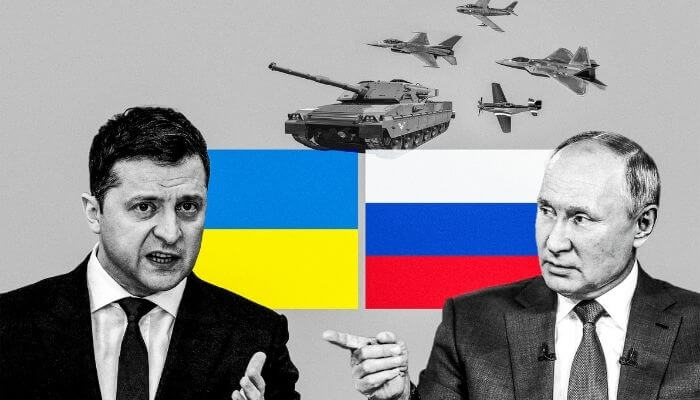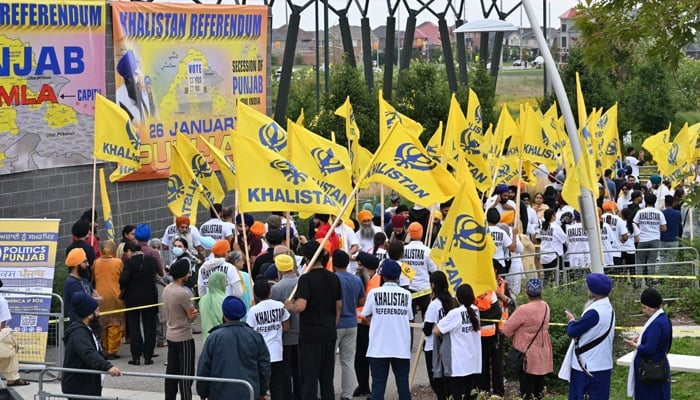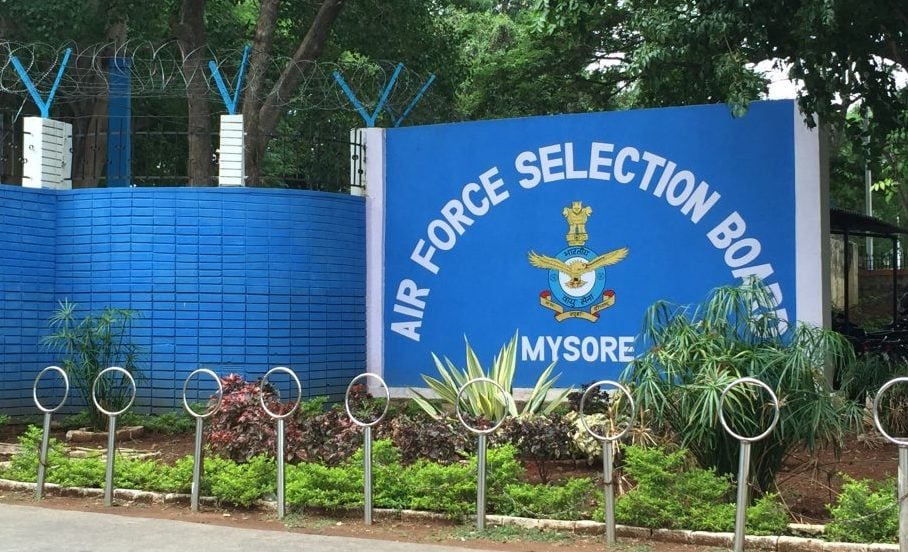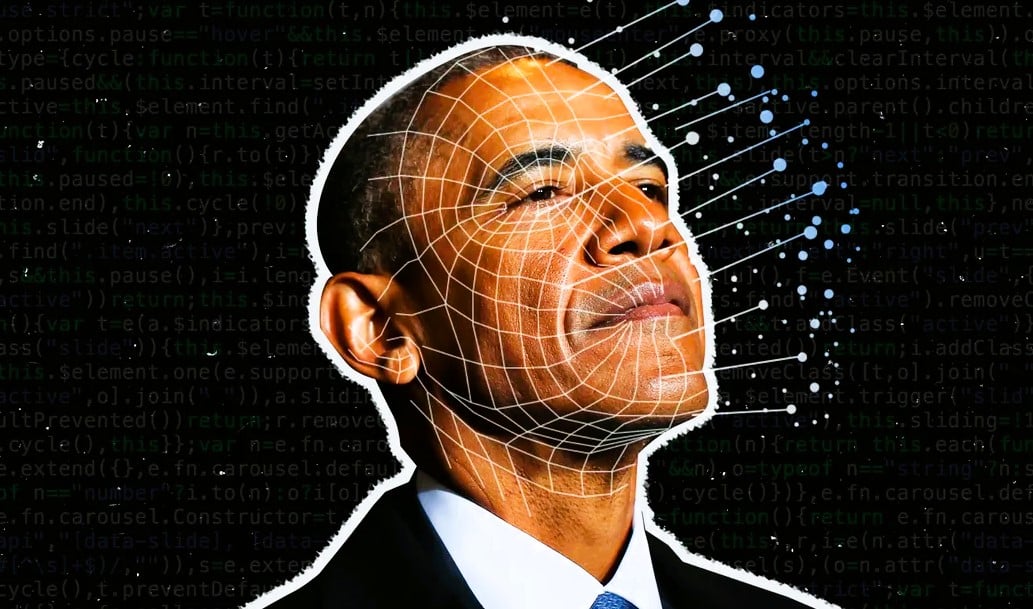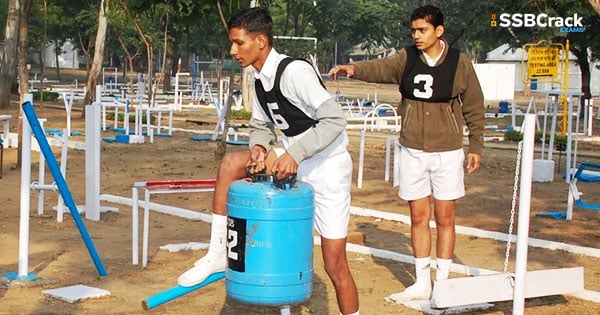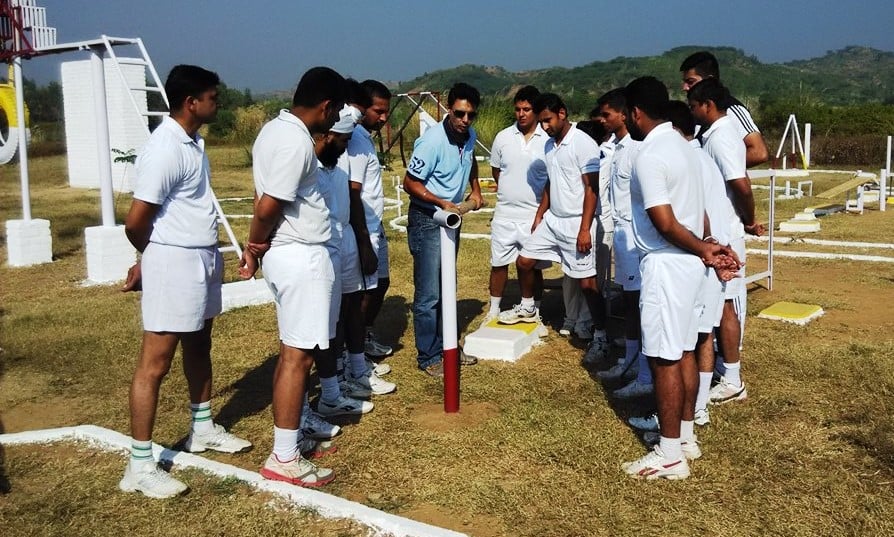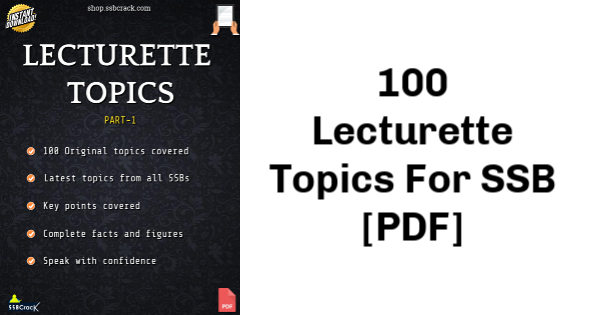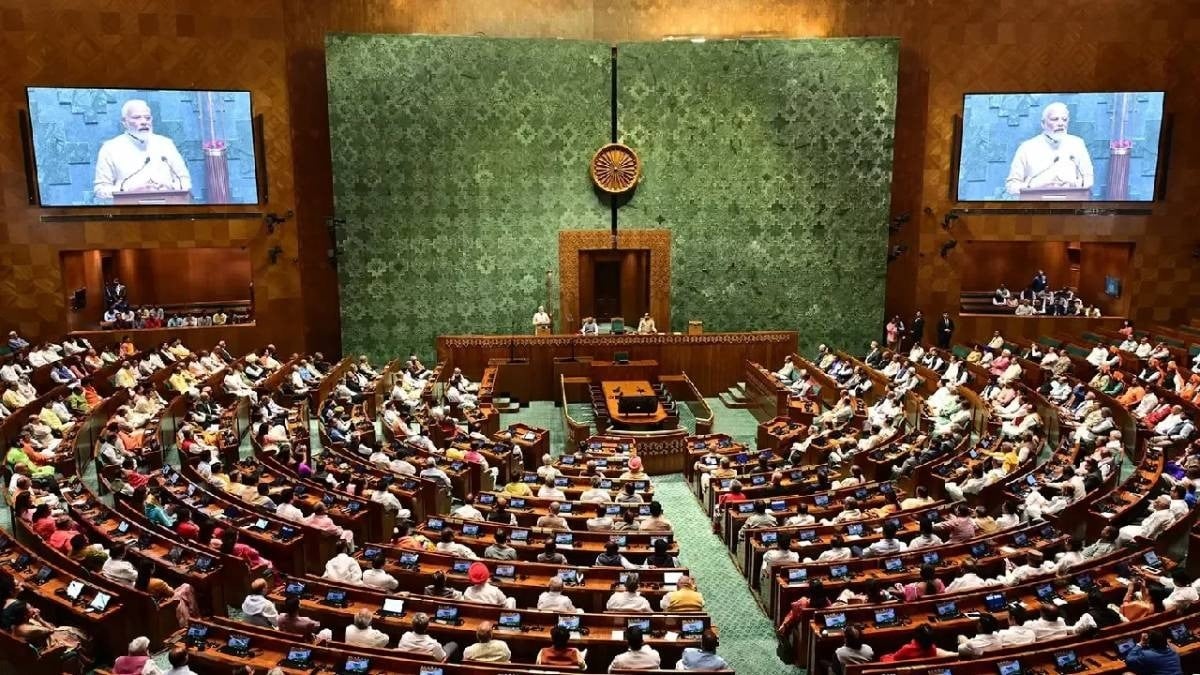The ongoing conflict between Russia and Ukraine, which escalated dramatically in February 2022, has far-reaching implications for global security and geopolitical dynamics. As the conflict marks significant milestones, including its first anniversary on February 24, 2023, it is essential for defense personnel and candidates preparing for interviews, such as the SSB, to stay informed about its developments.
The conflict began with Russian President Vladimir Putin’s declaration of a “special military operation,” which saw tens of thousands of troops crossing into Ukraine. Initial expectations from the Russian side for a swift victory quickly dissipated as Ukrainian forces mounted robust resistance, leading to a forced withdrawal of Russian troops from areas including Kyiv. The ensuing violence resulted in widespread devastation, civilian casualties, and a humanitarian crisis, with millions displaced both internally and externally.
In response to the invasion, Western nations swiftly implemented extensive sanctions against Russia, targeting its economy and restricting financial transactions. These sanctions included freezing the assets of key political figures and business leaders, halting new investments, and significant steps taken by the EU to curtail gas imports from Russia—a country that historically supplied over 40% of Europe’s gas. These actions were aimed at isolating Russia economically and politically on the global stage.
The conflict prompted grave human rights concerns, culminating in reports from UN investigators that indicated potential war crimes, particularly highlighted by the tragic events in Bucha—a suburb of Kyiv. As the conflict progressed, Russia shifted its military objectives focusing primarily on the Donbas region, where ongoing tensions with Moscow-backed separatists had existed since 2014. This change in strategy led to increased violence and military operations, further exacerbating the humanitarian situation.
In addition to the tragic loss of life, the conflict also intensified the global food crisis. Ukraine, a significant agricultural exporter, announced bans on various exports, thus contributing to soaring global food prices. Major incidents, including missile strikes on civilian areas like a train station in Kramatorsk and a shopping mall in Kremenchuk, drew international condemnation and underscored the indiscriminate nature of the violence.
Amid the turmoil, efforts were made both domestically and internationally to address the crisis. Ukrainian President Volodymyr Zelenskyy called for the establishment of funds dedicated to rebuilding the nation. Meanwhile, historic shifts took place geopolitically, such as Finland and Sweden applying for NATO membership in response to the security threats posed by Russia.
As the conflict entered its later stages, the military dynamics continued to shift. In August 2022, Ukrainian forces initiated counter-offensives in multiple regions, successfully regaining territories, including areas previously under Russian control. This resurgence coincided with an intensification of Russian military mobilization and the growing frustration among Russian military-age men, many of whom sought to escape conscription.
In terms of energy supplies, Russia’s decision to halve its gas deliveries to Europe exacerbated the already heightened economic volatility in the region, triggering sharp increases in energy prices. Negotiations saw a temporary breakthrough with agreements to reopen Black Sea ports, promising a potential easing of the global food crisis.
Continuing into February 2023, the international community remained watchful and engaged with developments in Ukraine, assessing the broader implications for global security structures and alliances. The conflict not only reshaped the landscape of Eastern Europe but also raised profound questions about sovereignty, territorial integrity, and the principles guiding global interactions in the 21st century.
For candidates preparing for interviews in defense sectors, possessing a well-rounded understanding of these issues—as well as the responses of various global actors—will be vital. Awareness of the conflict’s developments, consequences, and international reactions can significantly enhance a candidate’s readiness to engage in discussions surrounding global security and geopolitical stability. Staying informed about ongoing events in Ukraine remains crucial for anyone looking to understand and navigate the complexities of modern global conflicts.
